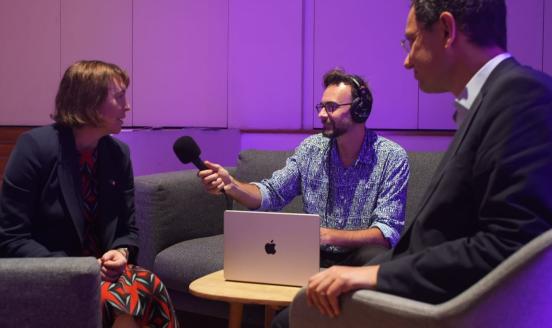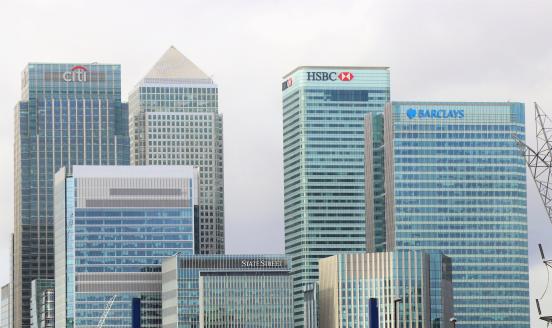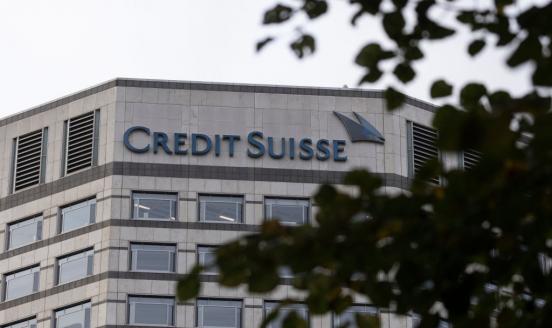Mapping banking centres globally since 1970

Brexit and the rise of China as a leading international economic power have revived discussions about the geography of banking centres. This paper analyses the geographical evolution of banking centres since the 1970s, based on a database constructed from a ranking of the top banks in the world created by The Banker magazine, a UK-based monthly publication specialised in international financial affairs. We describe both how the database was created and the ways in which it can be used to inform policy on money and capital markets. We address why the data can be used to proxy the size of International Financial Centres (IFCs) and the methodological limitations it may present. We find that banking consolidations and the evolution of the legal framework are more central to the changing geography of banking centres than economic and financial crises. We also highlight that, despite major shifts in global economic power, leading banking centres are hard to replace.
The authors are grateful to Catarina Martins and Felipe Antileo for excellent research assistance, as well as Thibaud Giddey and Bruegel colleagues for comments.
Recommended citation:
Mourlon-Druol, E. and A. Cameron (2022) ‘Mapping banking centres globally since 1970’, Working Paper 12/2022, Bruegel



